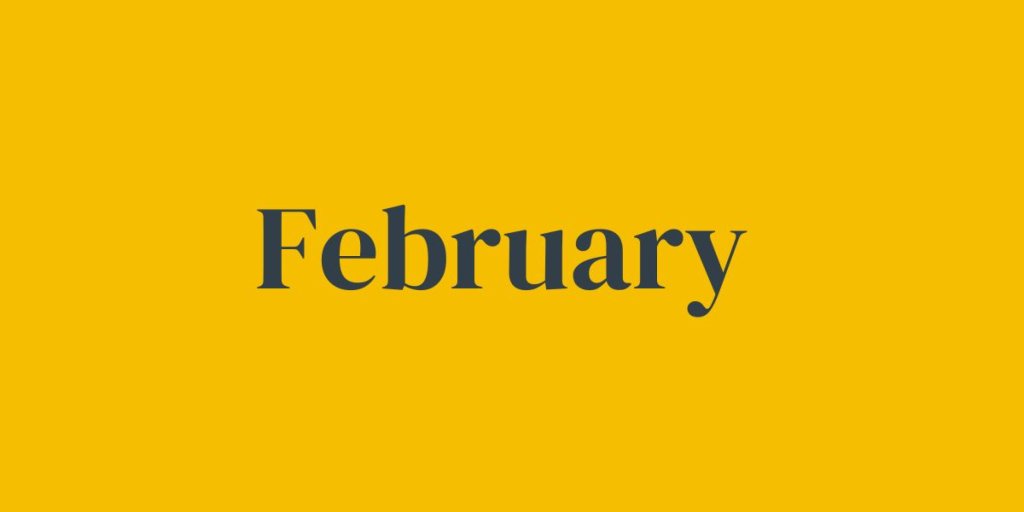To attract new members, donors, volunteers, and advocates from wider sources, more and more organisations are moving from databases as a means of capturing information and subscribers to CRM systems. These systems engage with your audiences and offer insight into what’s working right now and what’s predicted for the future.
Here, Agenda co-director Vic Barlow Agenda co-director and the Association of Teachers and Lecturer’s former director of communications and membership, explains how a new CRM could support your work in different ways.
1. Member and supporter recruitment:
Create an easy route to join or donate online from a webpage which feeds straight into your CRM to give you immediate information on what’s working.
Digitise any sign-off procedures to admit new members because reducing paperwork between HQ and branches limits GDPR breaches.
Use onboarding emails to capture further information on members/supporters or make subsequent asks—for example, to collect equality data or highlight a new survey.
Use data to inform your recruitment plans. Use information about people’s roles, interests, geographical location, other memberships etc. This will help you create audience profiles and target your communications with them on the channels and activities they prefer.
2. Member and supporter retention:
Automate a series of emails across the year. Update the email content each month with your latest campaigns or news – especially targeting members/supporters with positive messages at pain points such as renewal, payment failure or cancellation.
Understand their actions and interests by using data from CRM. It will tell you what kind of content to share when they log on to their area of your website - to reflect their role, interests, geographical location etc.
3. Member and supporter engagement:
Capture broad engagement with your digital activity - and learn, for example, which newsletter stories get the most traction or when emails are most likely to be read - and adjust your tactics accordingly.
Capture an individual member/supporter’s interactions with your emails, events, surveys, polls etc to spot which people are most engaged with your organisation - and direct them towards greater involvement.
Reduce paperwork and increase engagement by conducting surveys, non-statutory elections or indicative ballots electronically.
4. Rep and volunteer engagement:
Reduce risk to data. Encourage everyone to use a password-secure ‘portal’ to keep their details up-to-date, engage in case work, or receive one-to-one communications - and reduce the risk of data breaches and non-compliance with GDPR.
Set up a dashboard for reps and volunteer managers to see member and volunteer numbers, density, and engagement, and to send invitations to local meetings or newsletters etc.
Target your comms capture your stakeholder's contact details and roles, and keep notes on who’s meeting them and their attitudes towards you. Keeping track of who’s interacting with your digital comms can help you plan how to engage them further. For example, some smaller organisations use their CRM to send out their press releases so they can track open rates and engagement and take note of positive and negative stories.
A version of this blog first appeared on Unions21 in April 2022
In a nutshell
CRMs offer more than a database of people’s names, addresses and subscriptions/donations – they provide a central point of information on your organisation’s members, donors, volunteers and advocates and a means of communicating with them in ways they prefer.
Insights into what works when engaging your audiences can boost your recruitment, retention and influencing success.
Benefits to digitising your processes and streamlining work across your organisation include workload reduction, shared information and knowledge to support decision-making, and a smaller risk of missed opportunities and data on paper going astray.



